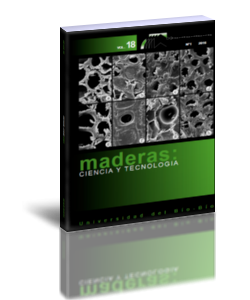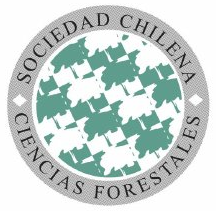Analysis of the mechanical properties of wood-plastic composites based on agriculture chili pepper waste
Keywords:
Chili leafs, chili stalks, mechanical properties, polypropylene, wood plastic composite.Abstract
In this study, a new composite material conception based on polypropylene (PP) and wood particles obtained from agricultural waste was investigated. Specifically, stalks and leafs of chili plants of the region of New Mexico, Texas, USA were used as a plant-based reinforcing material. For this, a design ofexperiments (DOE) is proposed considering different percentages of PP, wood, fire retardant, coupling agent and UV stabilizer, different mesh sizes are also considered. Samples were obtained using an extrusion molding machine. A statistical analysis is proposed to obtain the optimal percentages of the components considered in the fabrication of the samples in order to enhance the mechanical and morphologic properties of this new composite. Results show that the yield stress, breaking stress and ultimate tensile stress can be maximized with a proportion of 3 to 1 (63,75% PP and 21,25% wood fiber) of PP and wood fiber.
Downloads
Download data is not yet available.
Downloads
How to Cite
Valles-Rosales, D. J., Rodríguez-Picón, L. A., Méndez-González, L. C., del Valle-Carrasco, A., & Alodan, H. (2016). Analysis of the mechanical properties of wood-plastic composites based on agriculture chili pepper waste. Maderas-Cienc Tecnol, 18(1), 43–54. Retrieved from https://revistas.ubiobio.cl/index.php/MCT/article/view/2237
Issue
Section
Article
































